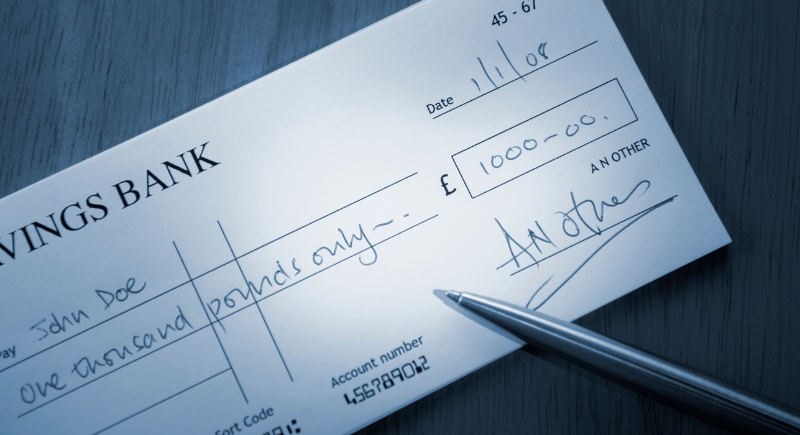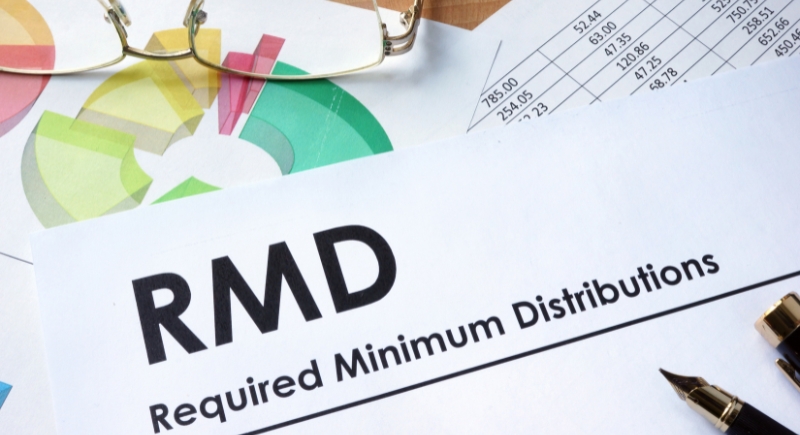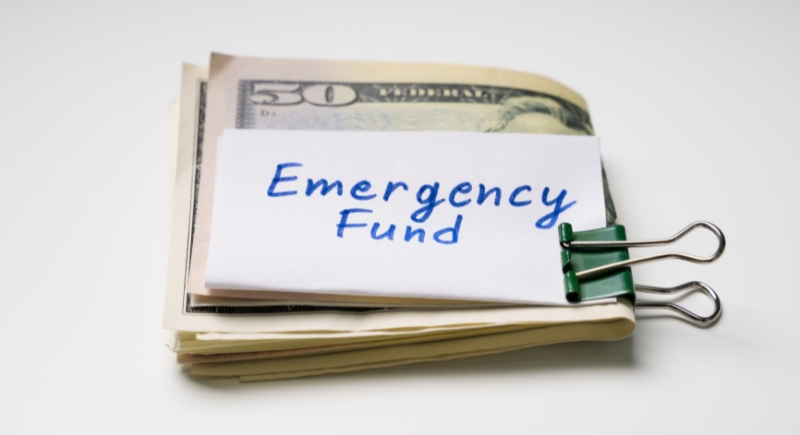9 Mistakes That Drain People’s Retirement Savings
The goal of a smart retirement strategy is to make sure your money lasts as long as you do. But a lot of people unknowingly make choices that chip away at their savings, long before they realize the damage. Small missteps can lead to major setbacks. Fortunately, most of these mistakes are totally avoidable.
Knowing what to watch out for can help you save more money and maintain your peace of mind. Let’s learn more!
Waiting For The Right Time to Save

Credit: freepik
Saving for retirement feels like a problem for the future, right? But starting early means you get compound interest working in your corner. Someone who saves in their 20s might retire with double or even triple what a 40-something manages. That’s not magic, that’s simple math.
Not Being Serious About Healthcare Costs

Credit: Canva
Surprise: Medicare doesn’t cover everything. You’ll still need to pay for prescriptions, dental work, and maybe long-term care. According to Fidelity, retirees can expect to spend nearly $165,000 on healthcare. That’s like buying another house — just to stay healthy. Building this into your plan is non-negotiable.
Early Social Security = Smaller Checks Forever

Credit: Getty Images
Sure, you can start claiming Social Security at 62. But you’ll lock in a smaller check for life. Wait until 70, and your benefit can grow by 77%. That adds up big-time over a long retirement. If you’re healthy and have other income, hold off.
Inflation Can Be Sneaky and Persistent

Credit: freepik
You don’t see it daily, but it’s always working in the background. What cost $100 ten years ago might be $140 today. If your savings grow slowly or sit still, they’ll quietly lose power. Inflation is why a safe-but-stagnant savings strategy won’t cut it. Your money needs to grow just to keep pace.
The “Finally Free” Spending Spree

Credit: freepik
It’s tempting to celebrate retirement with a new car, a few trips, or a remodel. You earned it, right? But too much fun too fast can wreck your long-term budget. Many retirees burn through their nest egg in the first 10 years. If you want it to last 30, better ease into the lifestyle.
If You Never Shift Your Investments, You’re Risking Too Much

Credit: freepik
What worked in your 30s might wreck your savings in your 60s. As you near retirement, high-risk, high-reward investing gets way more dangerous. You don’t need to pull everything into cash, but you do need to rebalance. A good mix protects your money from market storms while still growing it.
Skipping RMDs Is Expensive

Credit: Getty Images
Once you hit age 73, the IRS wants its slice. You have to take Required Minimum Distributions from your retirement accounts, even if you don’t need the money. Miss a deadline, and you could owe a penalty of 25% of the amount you should’ve withdrawn. That’s a brutal way to learn the rules.
Betting Big on Company Stock

Credit: pixabay
It feels loyal to load up on your employer’s stock, especially if you’ve worked there forever. But here’s the catch: if the company goes south, your job and your savings disappear together. Diversifying your investments protects your future from being tied to one paycheck.
Taxes Don’t Vanish When You Retire

Credit: freepik
A lot of retirees get blindsided by taxes. Traditional 401(k)s and IRAs? Taxable. Social Security? Possibly taxable too. Without a strategy, you could end up paying more than necessary. Roth conversions, tax-smart withdrawals, and timing your income wisely can help you keep more of what you’ve already earned.
Estate Plans Aren’t Just for the Wealthy

Credit: Getty Images
It’s unwise to think your will can wait. If your documents are outdated or missing entirely, the government decides what happens to your stuff, which is not ideal. Keep your beneficiaries current, and update your will every few years. A simple estate plan saves your loved ones from legal headaches and emotional messes.
Not Enough Emergency Funds

Credit: Getty Images
Retirees still face surprise expenses — a busted roof, a medical bill, a family crisis. Without a separate emergency fund, you might dip into your retirement accounts and trigger taxes and penalties. Stash six to twelve months of expenses in a high-yield savings account. It’s your financial seatbelt when life swerves.
Your Money Needs to Keep Up

Credit: Canva
Life expectancy keeps climbing. Today’s retirees could spend 30+ years in retirement. Outliving your savings is a real risk. Planning for 20 years won’t cut it anymore. Therefore, it’s crucial to stretch your money with smart withdrawals, modest spending, and investments that grow.
Scammers Love Retirees (And They’re Getting Smarter)

Credit: Getty Images
Older adults are prime targets for scams, including fake IRS calls and investment frauds. In 2023 alone, older Americans lost billions to financial schemes. Stay skeptical of unsolicited offers, no matter how convincing they sound. Use fraud alerts, freeze your credit if needed, and run everything by a trusted advisor.
A Big House With Big Bills Can Quietly Drain Your Savings

Credit: freepik
Downsizing doesn’t mean downgrading. Keeping a large home with high maintenance, property taxes, and utility bills can chew through your retirement budget. Moving to a smaller place or a cheaper area frees up cash and lowers your monthly burn rate.
Skipping Expert Advice Can Cost More Than You Think

Credit: Canva
DIY retirement planning seems fine, until it’s not. Financial pros can spot gaps you missed, suggest tax strategies you didn’t know existed, and help you make smarter moves with your money. Even one good planning session can boost your long-term security. You don’t have to guess your way through it.